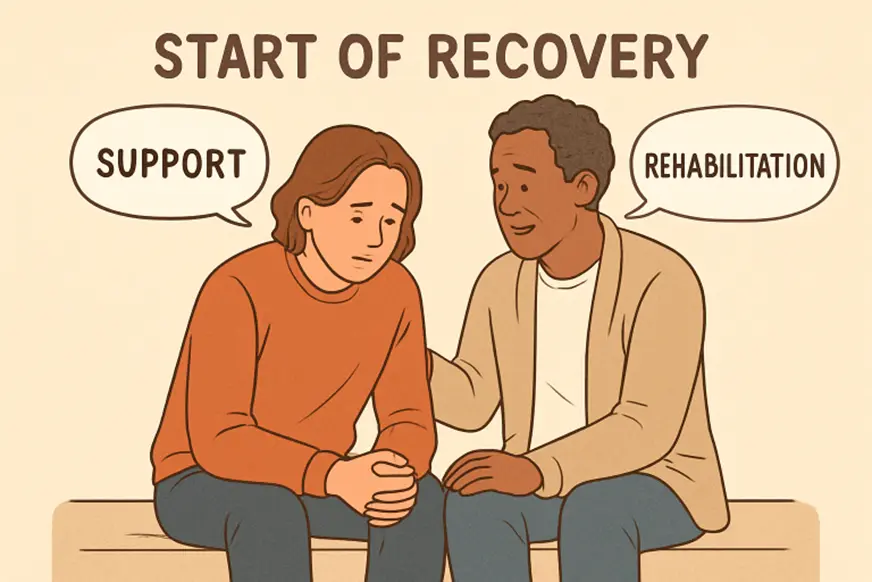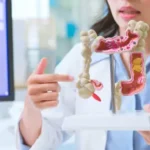Understanding Addiction
Addiction is a chronic medical condition that profoundly impacts the brain’s reward, motivation, and memory functions. Those struggling with addiction often engage in compulsive substance use, even when knowing the repercussions. Recognizing addiction as a complex, multifaceted health disorder rather than a moral failing is crucial for both seeking help and supporting loved ones.
For those starting the recovery journey, finding the right support is important. Rehab in Nashville provides tailored programs and compassionate care, helping individuals take meaningful steps toward long-term recovery. Access to informed treatment options increases the chance of breaking the cycle of addiction.
Types of Rehabilitation Programs
No two journeys to recovery are the same, which is why rehabilitation facilities offer a range of programs to address unique needs and circumstances. Inpatient rehabilitation offers immersive, 24-hour care in a structured setting—ideal for those who need close supervision. Outpatient rehabilitation provides flexibility, allowing participants to continue their daily life commitments while attending scheduled therapy sessions. Detoxification programs, often the first step in recovery, are medically supervised to ensure safety during withdrawal.
The appropriate program depends on the severity of addiction, the presence of co-occurring disorders, and individual lifestyle needs. Decision-making should involve consultation with medical professionals and addiction specialists.
Specialized Programs
Some rehabilitation centers offer gender-specific, age-specific, or dual-diagnosis programs catering to the mental health needs commonly intertwined with addiction. These options can improve outcomes for individuals facing unique social or psychological challenges.
Behavioral Therapies in Treatment
Behavioral therapy is central to effective addiction rehabilitation. Approaches such as cognitive-behavioral therapy (CBT) help individuals identify and change patterns of thinking that perpetuate substance use. Motivational interviewing builds motivation to change by exploring and resolving ambivalence about recovery. These therapies, often delivered individually or in groups, teach coping skills, relapse prevention, and strategies for healthier decision-making.
Group therapy and family counseling can improve communication, rebuild trust, and strengthen support systems, further enhancing the chances of sustained sobriety.
Medication-Assisted Treatment (MAT)
Medication-assisted treatment (MAT) combines FDA-approved medications with counseling and behavioral therapies to treat alcohol and substance use disorders. For opioid addiction, medications like methadone, buprenorphine, and naltrexone reduce cravings and withdrawal symptoms, while for alcohol use disorder, options like acamprosate and disulfiram can deter relapse.
Support Systems and Aftercare
Long-term recovery hinges on a strong support network and ongoing aftercare. Participation in 12-step fellowships like Alcoholics Anonymous (AA), as well as peer support groups or faith-based recovery communities, fosters accountability and connection. Family involvement and regular check-ins with counselors or sponsors can prevent isolation and reduce relapse risk.
Aftercare programs, which provide continued counseling and relapse prevention education, significantly enhance the success of initial rehabilitation by equipping individuals with ongoing tools and support.
Choosing the Right Rehabilitation Center
With numerous rehab centers available, making an informed choice is essential. Evaluate each facility’s accreditation, the credentials of staff, available treatment methods, and feedback from former clients. Personal visits or virtual tours can give insight into facility culture and day-to-day procedures, increasing confidence in the choice made.
Financial Considerations and Insurance
Rehabilitation may be partially or fully covered under private insurance, Medicaid, or Medicare. Affordable Care Act provisions mandate coverage for substance use disorder treatment as an essential health benefit. However, coverage details vary, so it’s vital to verify specifics directly with insurance providers and rehab centers. Many facilities offer payment plans or sliding scale fees for those without insurance. Understanding payment and financing options ensures that cost does not become a barrier to effective care.
Embracing a Sober Lifestyle
Sustaining sobriety after rehabilitation demands commitment, resilience, and adaptability. Creating new habits, seeking out positive relationships, and replacing old routines with enriching activities all help promote long-term health and happiness. Personal growth can be supported by continuing therapy, pursuing hobbies, volunteering, or engaging in physical wellness activities.
Remember that recovery is a lifelong process. Staying connected to supportive networks and accessing ongoing resources such as practical tips for staying sober from WebMD can make all the difference in building a rewarding, substance-free future. Consistently reflecting on personal progress and celebrating small victories helps maintain motivation. Over time, these positive actions can create a strong foundation for lasting wellness and fulfillment.
Conclusion: Building a Lasting Recovery
Addiction is a complex, chronic condition that affects both the mind and body, but recovery is possible with the right support, treatment, and commitment. Rehabilitation programs, behavioral therapies, medication-assisted treatments, and strong support systems all play vital roles in helping individuals regain control of their lives. Choosing the right facility, understanding financial options, and embracing a sober lifestyle are essential steps toward long-term success. Recovery is a lifelong journey, and staying connected to supportive networks, continuing personal growth, and cultivating healthy habits can help individuals build a fulfilling, substance-free future.
Also Read-Customer Segmentation Models That Drive Retention in Fintech



